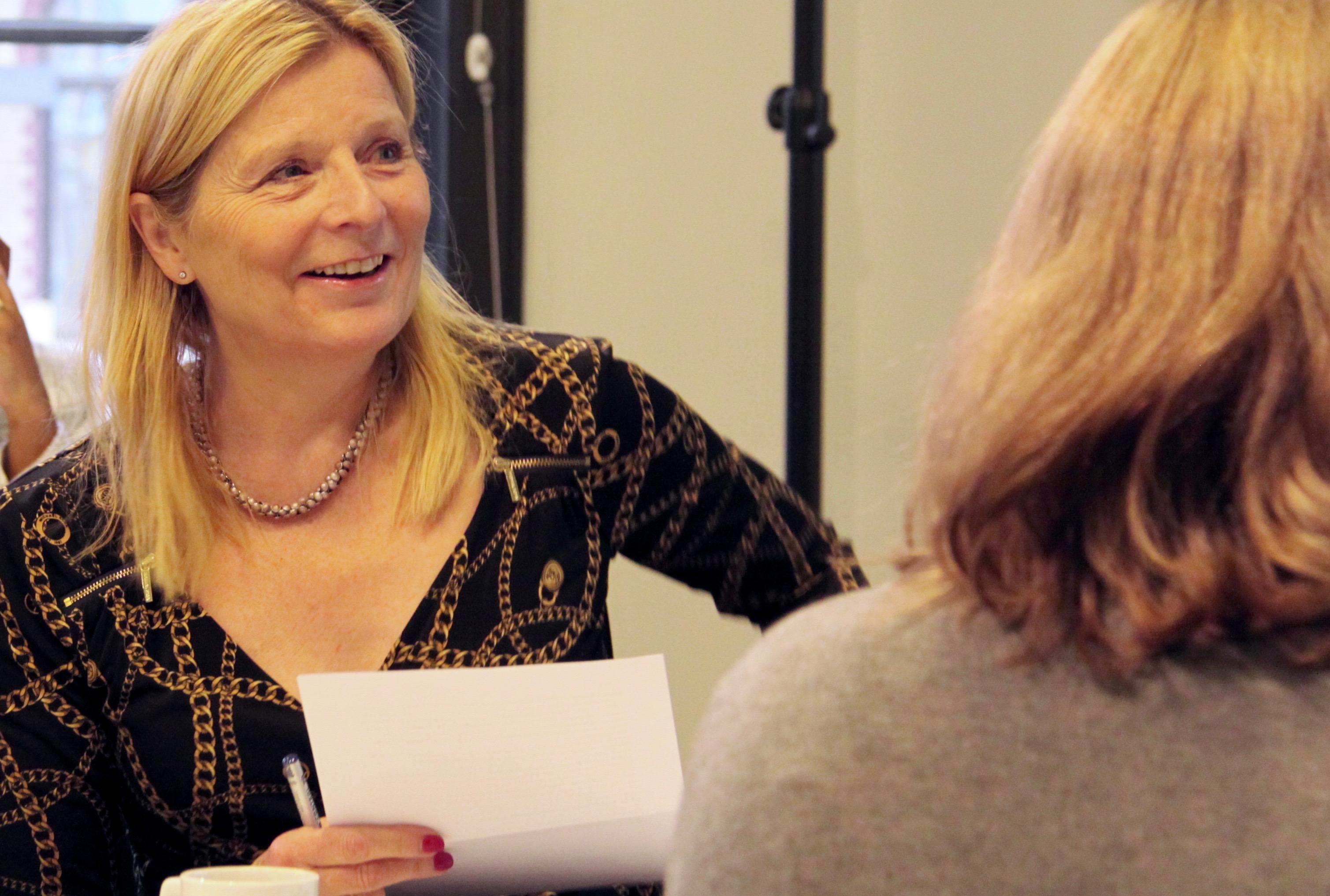Building a good solution takes more than a single person acting as a driving force. Funds are needed, especially when launching projects. Individuals with the financial resources to provide the necessary start-up capital are known as philanthropists. PfC has comprehensive experience in philanthropy and philanthropic cooperation projects and the foundation can offer qualified advice and guidance for those who wish to ensure that their investments are sustainable.
Directly translated, philanthropy means “love of mankind”. Even though the term is often associated with well-off individuals who spend part of their wealth to help others, in many cases philanthropy comes from the generosity of people of average means. The NRK’s annual TV fundraising campaign usually raises in excess of NOK 200 million. As people in Norway have become better off we observe that people are becoming more generous with their money. During the last few years we have seen gifts in the order of NOK 100 million.
Traditionally, wealthy philanthropists have been very discreet, but things have changed. It has become more acceptable to be open about one’s philanthropic efforts. This is a positive trend, because such acts inspire others to act philanthropically. At the same time as people are more inclined to make donations, we can also see that there is a growing understanding of the need to create financially sustainable projects. By this we mean that the projects are structured around a revenue model where they gradually depend less on support.
Longterm cooperation
Being a venture philanthropist is about more than giving money. Like venture capitalists, venture philanthropists contribute with strategic and operational expertise, and involve others in a supporting capacity. The cooperation is long-term, and importance is given to scaling up projects and pursuing them in a manner that is sustainable in business terms.
Jacqueline Novogratz of Acumen is a pioneer within venture philanthropy. Since 2012, Acumen has invested USD 90 million in 82 innovative enterprises, creating 58,000 jobs and giving 125 million people a better and more dignified life in the process. Acumen is an organisation that also relies on donations; these are invested either in loan or equity capital in businesses that provide major social benefit. Acumen assists in business development so that the enterprises it supports can earn a profit and continue growing without the organisation’s help. The income earned by Acumen is channelled into new projects. In this way, social and financial success is passed on.
Financial and social return
PfC’s operational activities follow the same philosophy as Acumen, but we also provide financial support throughout – including start-up support and minor donations to entrepreneurs. PfC’s founder Ingrid Stange has spearheaded the venture philanthropy and social investment movement in Norway. Among other things, she was one of the founders of Norway’s first Montessori school and one of the primary driving forces for the establishment of the Montessori school movement in Norway. Stange also led the establishment and development of the Sunnaas Foundation, which works in rehabilitation. Today, she is the executive chairman of PfC’s board of directors.
Impact investment involves investments with a clear emphasis on achieving a social return. New impact investment funds are emerging, within all types of asset classes. This is a relatively new industry with only limited empirical data available to date. However, the most successful impact investors can boast financial return on a par with purely financially motivated investments. Measuring social return on investments, however, is a more complex matter; regardless of how advanced a model is, it can never be more reliable than the premises on which it is based. Defining objective criteria can be difficult. A variety of schools of thought seeking to measure social return are now emerging. Toniic is a leading global network of impact investors and offers both good investment opportunities and methods and expertise in the field. PfC has introduced Toniic to Norway and is Toniic’s Norwegian point of contact.
Financially sustainable
At PfC’s first large conference in 2011, these concepts were unfamiliar to many. When first introducing these concepts, we used the examples of Olav Selvaag and Frederikke Marie Qvam, the founder of the Norwegian organisation Norske Kvinners Sanitetsforening, as examples of historical social entrepreneurs. Both left their mark on society. In Norway, most social entrepreneurs today supply services to the Norwegian Labour and Welfare Administration, as a supplement to government services. We are fortunate to have such alternatives.
However, true change is achieved only when an entrepreneur succeeds in creating so-called disruptive change in the way Selvaag and Qvam did. Disruptive change transforms the system or creates solutions nobody had previously envisaged.
There are more and more entrepreneurs capable of proposing solutions where others only see problems, from the slums of Mumbai to the wealthiest boroughs in Oslo. There are challenges waiting to be addressed everywhere. Creating a model that is financially sustainable makes it easier to subsequently expand the product to larger markets.
Would you like some sound advice?
It is important to think about your inclination for risk and to assess whether the projects you are considering supporting are sustainable and will help promote enduring social change. If you are thinking about becoming an active philanthropist, feel free to contact us for a meeting. We can help put you on the right track, including specific project proposals – either within or outside of our project portfolio.

